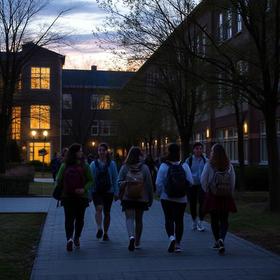Emerging Challenges for Boarding Schools
In the vast and evolving educational landscape, boarding schools have stood as beacons of tradition, discipline, and academic rigor.
- These institutions not only provide quality education but also foster personal development, independence, and resilience in students.
- However, boarding schools are currently navigating a complex maze of challenges.
- The obstacles are multifaceted, from marketing difficulties and rising insurance costs to facility maintenance and recruitment of competent trustees and teachers.
This article aims to delve into these challenges and suggest potential solutions.
_facade_of_Dollar_Academy.jpg)
Marketing Challenges
Historically, boarding schools thrived on word-of-mouth marketing and their reputations for producing well-rounded, academically accomplished students.
- However, shifting societal norms, increased competition, and the rise of digital media have disrupted these traditional strategies.
- Boarding schools now face the challenge of attracting a diverse student body, both domestically and internationally, while also addressing concerns about the value of the boarding school experience.
To overcome these challenges, schools need to adopt personalized admissions processes that highlight the unique benefits of their institution.
- Furthermore, leveraging digital marketing strategies, such as social media and content marketing, can extend their reach to prospective students and parents.
- Crucially, boarding schools must work to create unique selling propositions that distinguish them from their competition and resonate with today's discerning families.
This video offers suggestions for marketing your school.
Rising



























